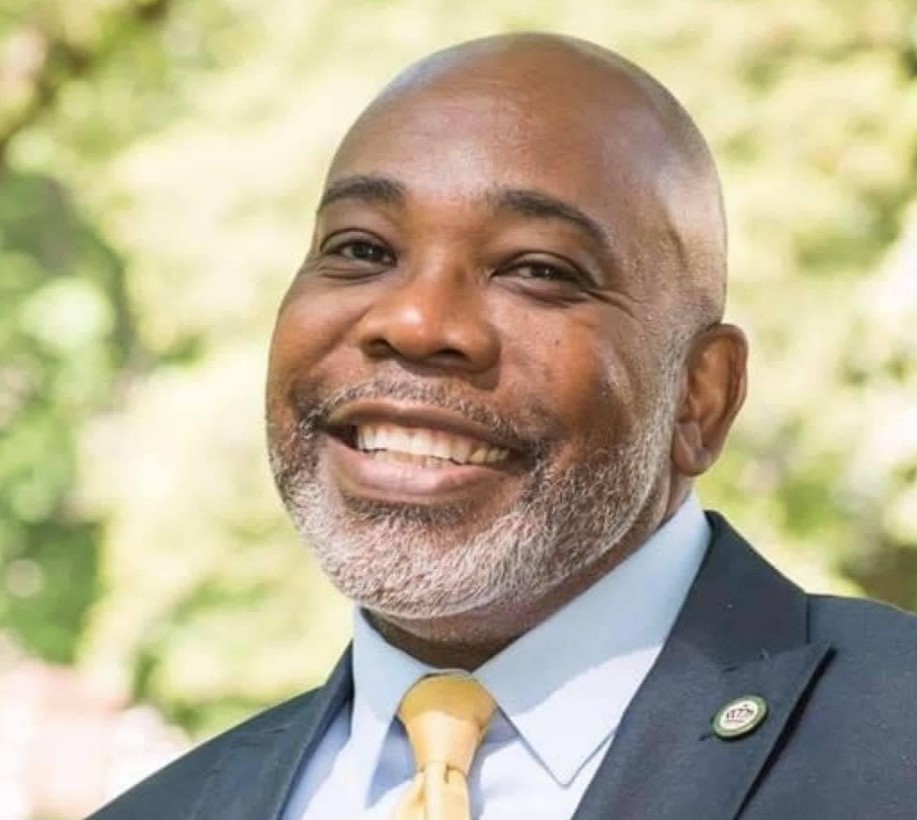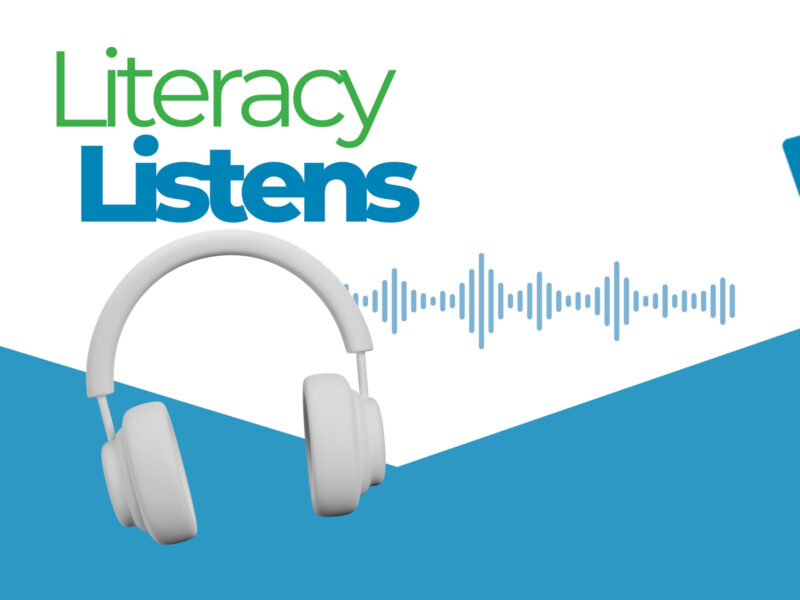
A Legacy That Lives On: From Elizabeth Randolph to Al Austin
For Al Austin, the path to leadership wasn’t just something he discovered — it was something instilled in him from a young age. Raised along Charlotte’s Beatties Ford Road corridor, Al grew up surrounded by faith, family and fierce role models who believed in education, service and social justice.
At the heart of it all stood one unforgettable figure: Elizabeth Randolph.
“Mrs. Randolph stood out as one of the most powerful and dignified members of our congregation,” Al recalls of his early years at First Baptist Church West. “She was educated, smart and a champion for educating Black children. Even as a child, I could sense that she carried a significant responsibility on her shoulders.”
A seasoned leader in both public and private sectors, Al’s professional journey has spanned from serving on Charlotte City Council to directing outreach initiatives for the North Carolina Department of Transportation, and now, to consulting through KRJ Consulting. Throughout his career, he has remained grounded in a value system that prioritizes equity, access and community empowerment — all embodied by Randolph throughout her trailblazing life.
A Legacy That Lit the Way
Elizabeth Randolph’s influence in Charlotte’s Black community was both profound and wide-reaching. A pioneering educator and administrator, she helped lead Charlotte-Mecklenburg Schools through the era of desegregation and beyond — becoming the first African American woman in top CMS leadership in the 1970s. But long before she helped shape public education policy, she was shaping minds at a local high school and building a culture of excellence as the founding principal of University Park Elementary.
“She was a little, small lady,” Al said, “but she stood very tall in my eyes.”
Randolph was more than an education advocate; she was a role model who carried the aspirations of a community. At First Baptist West, she served not just as a respected member of the congregation, but as a beacon for young people like Al, who watched her quietly command respect with grace and strength. “I understood that I had a responsibility — to my family, to my church, to my community. People like Mrs. Randolph made sure we knew that,” he said.
From Inspiration to Action
Al’s early exposure to leaders like Randolph and fellow church member Kathleen “Kat” Crosby, CMS’s first Black area assistant superintendent, made an indelible impact. He pursued higher education, earned degrees in Sociology and Criminal Justice Administration from UNC Chapel Hill, and committed his career to public service and organizational leadership — including his time at Johnson C. Smith University and the McCrorey Family YMCA.
His focus has remained consistent: advocating for underrepresented communities, fostering equity in education and employment, and creating opportunities where barriers once existed.
Today, Al serves on the Board of Advisors for the Foundation For Black Philanthropy — a continuation of the legacy Randolph helped build. Originally seeded by Randolph’s own endowment, FFBP provides grant funding to Black-led and Black-serving nonprofits across the Charlotte region.
“Ms. Randolph would be deeply honored and proud to see how her legacy continues through the work of FFBP,” Al said. “The Foundation’s commitment to supporting education and community empowerment mirrors everything she stood for.”
Philanthropy With Purpose
For Al, philanthropy is not just about giving — it’s about reclaiming the power to shape a community’s future.
“Philanthropy allows us to tell our own story — to invest in our people, preserve our culture and address the unique challenges we face,” he said. “Mrs. Randolph’s endowment is a powerful example of how intentional giving can create lasting impact.”
As a member of FFBP’s advisory board, Al reviews funding applications from grassroots organizations, many of which reflect the very values instilled in him as a child. It’s work he views as both an honor and a responsibility — to lift up the next generation, just as others lifted him.
“I wish we could fund every request,” he said. “But even when we can’t, we are helping these organizations gain visibility and momentum. That matters.”
Words for the Next Generation
When asked what message he would share with young people today about Elizabeth Randolph’s legacy, Al shares:
“Value your education — not just what you learn in school, but the wisdom passed down from elders,” he said. “Listen to their stories. Understand the struggles and victories that made your opportunities possible. Ms. Randolph and others like her paved the way for you to learn freely, think critically and dream boldly. Never take that for granted.”
To honor her legacy, Al believes the community must continue her work — by donating to the fund created in her name, amplifying stories of unsung heroes, and ensuring that the next generation of changemakers has the tools and support they need to thrive.
“Her work was about more than personal success,” he said. “It was about collective uplift. It’s our duty to keep that spirit alive.”
To learn more about Elizabeth Randolph’s legacy, visit From Teacher to Trailblazer – FOCUS. To get connected with FFBP, visit fftc.org/FFBP.




